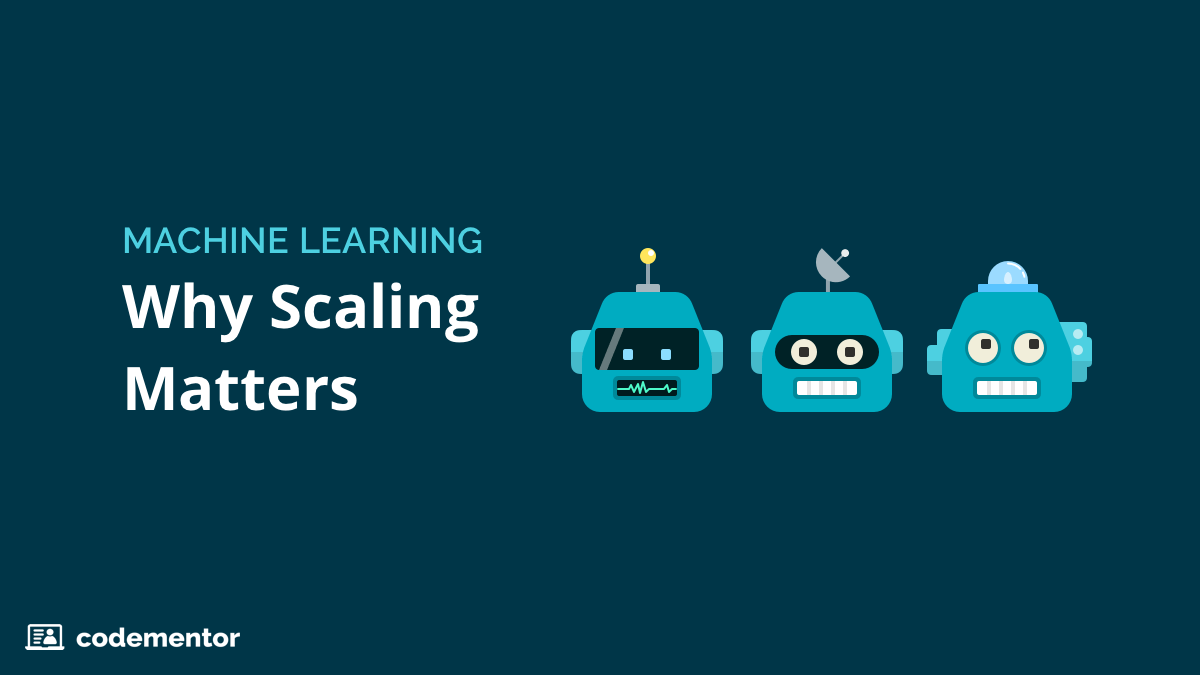
Marc Plotkin is a saxophone player, an entrepreneur, a songwriter, a Grammy-shortlisted Producer, and an artist. He also co-founded DecisionDesk, which is a company that modernizes the process of applying to colleges and currently manages the application process of 200 universities around the world. His work there landed him in the Bloomberg 2010 BusinessWeek’s Top 25 Entrepreneurs list.
Recently Marc has started a company called Wifi Music School, which is an online music education platform that pairs students up with world-class private teachers via Skype. Despite having worked at tech companies, Marc had only been part of the idea & business development side and never gotten his hands dirty with the code, which was something he really wanted to do. Thus, he signed up for a three month full-time course to learn Ruby at General Assembly NYC’s Web Development Immersion program. However, despite enjoying what he learned at the course, he felt something was lacking.
What Brought You to Codementor?
I’ve been doing a combination of learning online at sites like Codeacademy and taking a fulltime course at the General Assembly in New York. However, I was having some trouble with the class I took at General Assembly. It was a 30 person class, which meant they couldn’t stop for one person, and while the classroom setting works for a lot of people, it wasn’t working for me because it wasn’t filling in the specific gaps in my knowledge.
I eventually found Codementor, and I really liked the idea of how it worked. As a musician, I am very familiar with 1-on-1 lessons, since private lessons are integral to learning an instrument, so applying that thinking to coding felt like a better fit for me.
What Are Some Ways Codementor Has Helped You?
The biggest advantage that stood out to me was the screen sharing aspect of Codementor, where the people I had sessions with actually got to see the code I wrote. The programs I was writing would typically run just fine but it wasn’t until a CodeMentor actually looked at my work that I realized it was far too sloppy and redundant to be buyable. Indenting properly and following DRY (don’t repeat yourself) is hard when you’re getting started and no one is checking your specific work. This is something that would have gone unnoticed in a classroom setting, so this was extremely valuable.
I usually use the prompt from my General Assembly homework as a starting point for my sessions, and then the mentor and I will discuss how to approach the problem and strategize together. Afterward, I would start writing and they’d watch me code. If I made a mistake, my mentor would jump in, not just to correct any of my errors but also to ask me why I wrote something. Then, based on my answer, they’d know if it was just a one-time mistake or if I didn’t understand a concept as a whole. If the latter, we would leave the homework and the mentor would help me better understand a concept before we got back into completing the prompt.

You and a world-class teacher, when and where you want
I haven’t brought Wifi Music School specifically to Codementors, but what I’ve learned is indirectly helping me. I’m planning on rewriting a lot of my site and adding more functionality based on the knowledge I’ve gained. In the past, I didn’t know how to fix the things I wasn’t satisfied with, but now I’m slowly starting to pick these skills up from Codementor.
Is There a Mentor You Particularly Like to Work With?
All of the codementors I’ve had sessions with were very good, but I especially liked my sessions with Carlos Ramirez. Other than helping me solve my problem, Carlos always wants to make sure I understood concepts outside of my problem’s context. I really appreciated his way of teaching because he shows that he has a long-term investment in my knowledge of things.
What do You Like Best about Codementor?
I would definitely recommend Codementor to other people like me, and not only because coding is currently a hot skill to learn.
Right now there are two extremes happening in the way people are learning to code: one is going to school and learning in the traditional way most people were brought up to learn things, and the other is to learn everything online for free through places like Codecademy.
The problem with the former is that I think some people will be like me and suffer from the lack of personal attention to see where their coding is at, and they would have gaps in their knowledge while learning big concepts. The issue with the latter is sort of the opposite in that the only way to proceed to the next step in interactive sites such as Codecademy is to write the exact answer they are expecting. However, as most programmers will tell you, you’d know there are actually countless correct ways to solve a problem.
Therefore, in my opinion, Codementor’s one-on-one approach is the best way, since there will be eyes on your code and you’ll know right away if you made a mistake, but you’ll also have the advantage of understanding the varieties of different ways you can proceed with a problem.
Learning how to code is just like learning how to master an instrument. Just as musicians need a private teacher to help them sound better, programming students also need a mentor’s guidance to write elegant code.
